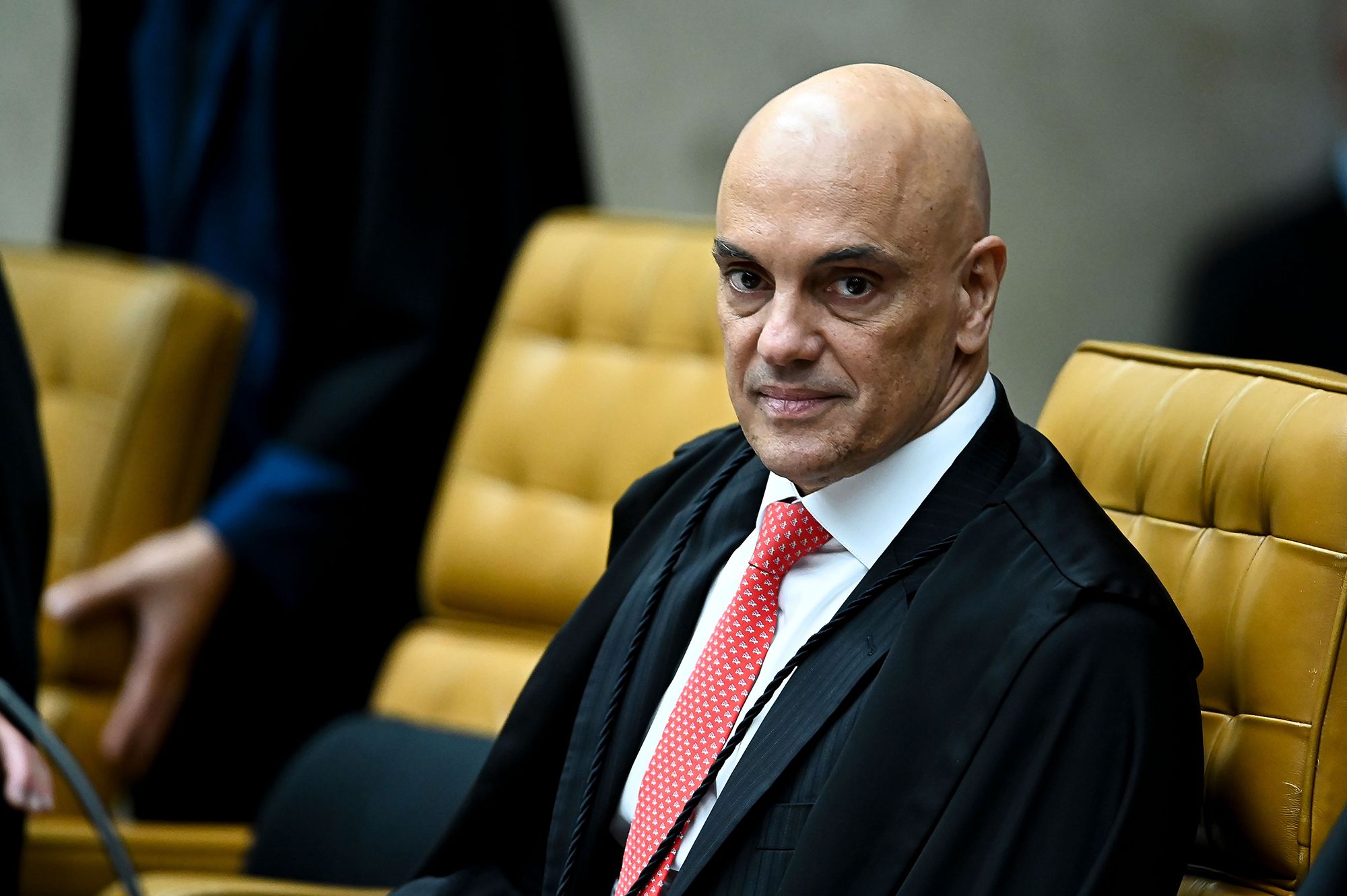Brazil’s Supreme Court has confirmed the ban on X, the social media platform formerly known as Twitter. The decision, made by a majority of three out of five justices, upholds the suspension that began early on Saturday. This action was prompted by X’s failure to appoint a new legal representative in Brazil before a court-imposed deadline. The conflict between X’s owner, Elon Musk, and Justice Alexandre de Moraes began in April when Moraes ordered the suspension of certain accounts accused of spreading disinformation.
Justice Alexandre de Moraes, along with Justices Flávio Dino and Cristiano Zanin, supported the decision to uphold the ban, stressing the importance of balancing freedom of expression with responsibility. Dino argued that these two concepts are interconnected and must coexist. Even though two justices have yet to cast their votes, their decisions would not alter the outcome, as the majority has already been secured.
Elon Musk criticized the Supreme Court’s ruling, asserting that it threatens free speech, which he views as essential to democracy. In response, Justice Moraes ordered tech companies like Apple and Google to remove X from their app stores and block its access on iOS and Android devices within five days.

Brazil’s Supreme Court Upholds Ban on X, Prompting Mass Migration to Bluesky
The ruling also imposes fines on those who attempt to access X through VPNs. The situation intensified when X closed its Brazilian office last month, citing threats against its representative and labeling the court’s orders as censorship.
The suspension of X has led to a notable shift among Brazilian users, with many migrating to Bluesky, a competing microblogging platform. Bluesky reported a surge of 500,000 new users from Brazil in just two days following the ban on X. President Luiz Inácio Lula da Silva has also promoted his Bluesky profile and other social media accounts, reflecting a significant change in user preferences.
Bluesky CEO Jay Graber expressed enthusiasm about the influx of Brazilian users, celebrating their move to the platform. This development highlights the broader effects of the Supreme Court’s ruling on X and signals a shift in how Brazilians engage with social media. The response to the ban underscores the evolving dynamics in the digital world and the growing role of alternative platforms.
